Students Explore Pilot Projects and Nature Preservation Areas with Peatland Ecology and Assessment Team (PEAT)
In an exciting educational excursion, four students: (Lio, Margriet, Lucka, and Pieter), embarked on a journey to the Northeast of Peatland to explore the rich biodiversity of peatlands and nature preservation areas. Guided by renowned environmental scientist Prof. Dr. Kofi Johnson, the students delved into various pilot projects and gained firsthand knowledge about the importance of conservation efforts in these unique ecosystems.
During their time in Friesland, the students visited natural preservation areas, and collected peat samples using various peat probes. Under the guidance of Prof. Dr. Kofi Johnson, they learned how to analyze the composition and organic matter content of peat. These samples provided valuable insights into the carbon sequestration potential of peatlands, underscoring the significance of their preservation in the fight against climate change.
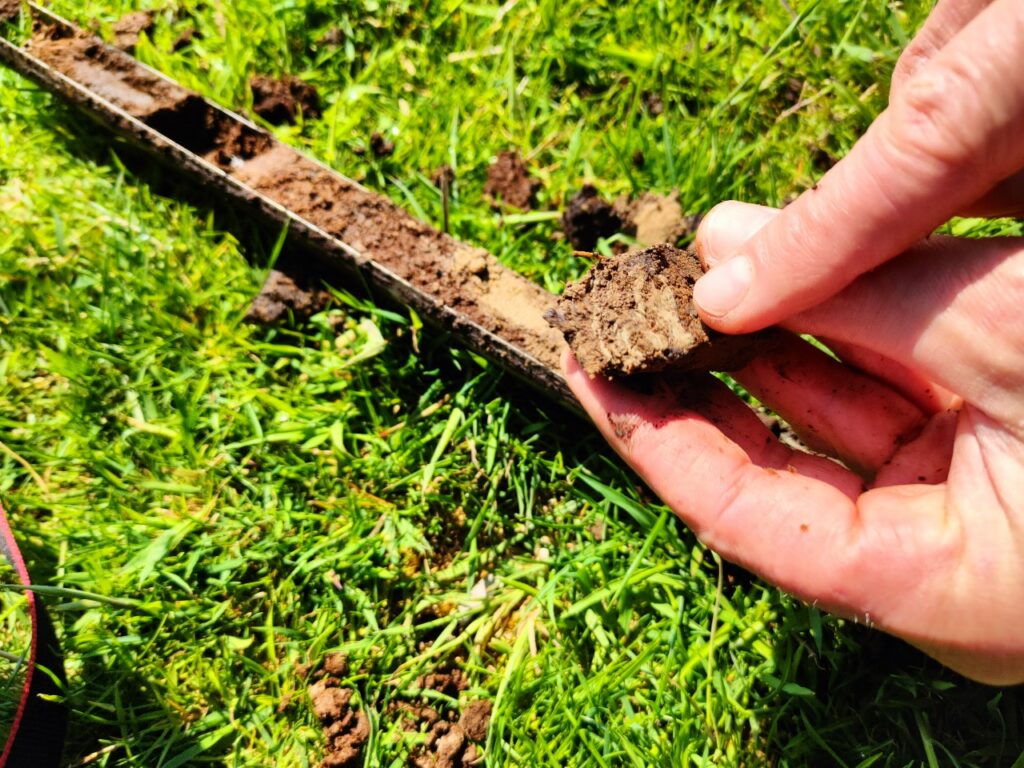
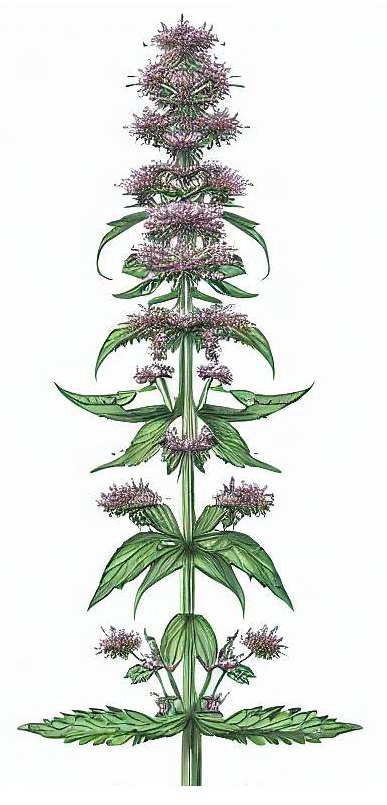
The excursion took an immersive turn as the students waded through flooded fields adorned with tall reeds. These flooded fields play a critical role in reestablishing natural water levels and preserving the ecological diversity of peatlands. Prof. Dr. Kofi Johnson highlighted the importance of maintaining appropriate water levels to prevent the degradation of peat soils, ultimately contributing to the mitigation of climate change, the students also had the chance to taste water mint, a delicacy that completed the sensorial engagement.
Continuing their exploration, the group ventured into a Sphagnum/Cranberry pilot plantation, where they marveled at the beauty of the lush, vibrant moss and the ruby-red cranberries. Prof. Dr. Kofi Johnson enlightened them about the relationship between Sphagnum moss and cranberry plants, emphasizing the significance of these pilot plantations to study and develop new business models to help saving the peatland ecosystems.
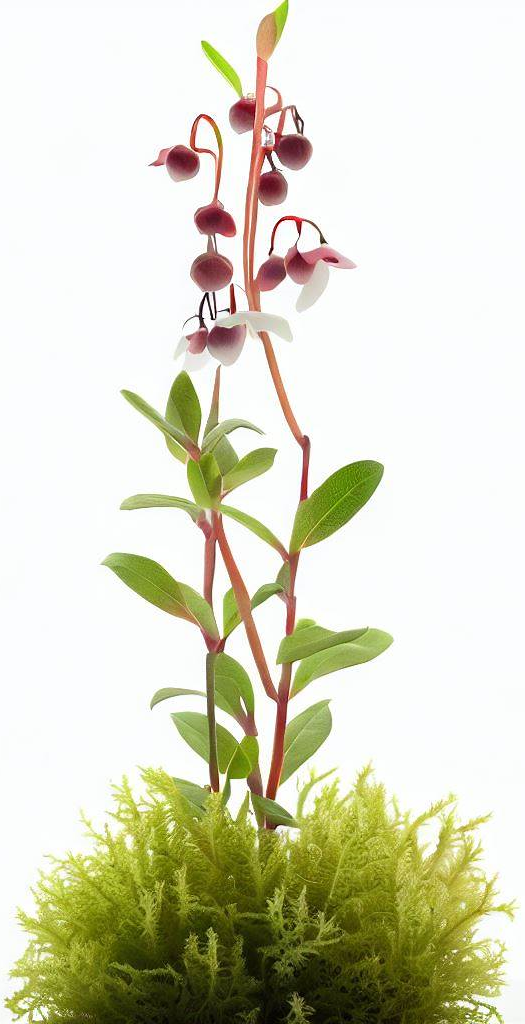
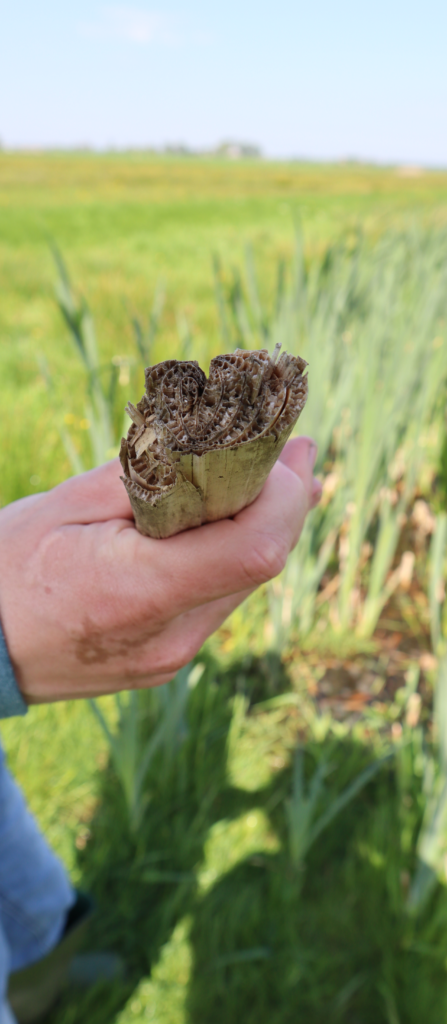
The students’ journey continued with a visit to Typha plantations, where they witnessed the remarkable growth of these tall, reed-like plants that thrive in wetland environments. Prof. Dr. Kofi Johnson explained how Typha plays a crucial role in stabilizing the peat soils and purifying water. The students also learned about the potential use of Typha as a sustainable construction/insulation material.
Reflecting on their experience, Lio, Margriet, Lucca, and Pie
ter expressed their newfound appreciation for the ecological importance of peatlands and nature preservation areas. They were inspired by the innovative pilot projects they witnessed and the knowledge shared by Prof. Dr. Kofi Johnson.
As the excursion came to an end, the students went to the train station where they were delighted by a final treat, once they learned that the renovation of the train station has been done using Typha boards and Typha insulation using the plants extracted at the peat farms that they have just visited, located less than 2km away.
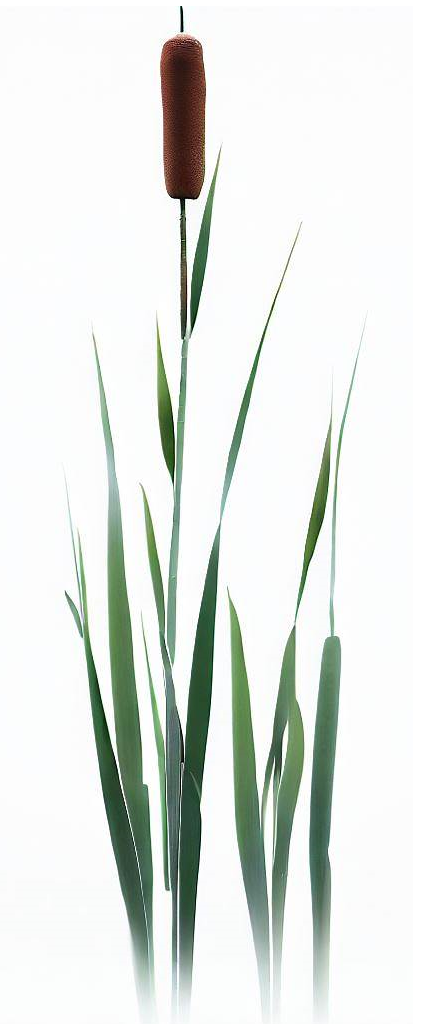
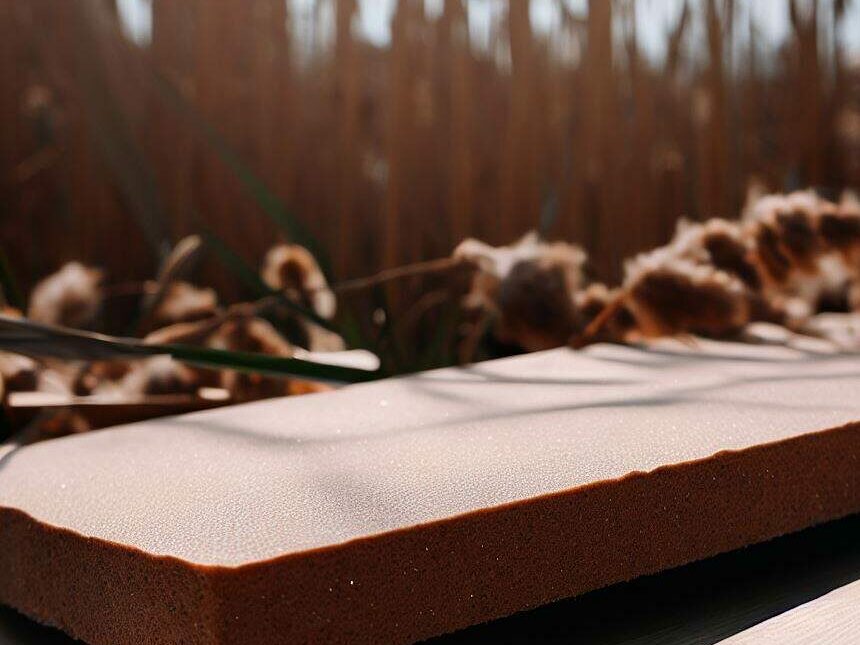
The students returned with a renewed sense of purpose, eager to share their experiences and promote the conservation of peatlands and nature preservation areas. Their journey through the pilot projects and natural reserves had not only expanded their understanding but also reaffirmed how essential it is to raise awareness about the significance of peatlands and their role in climate regulation.




